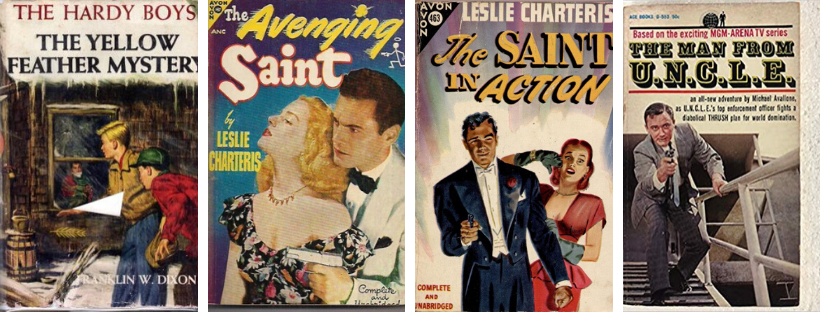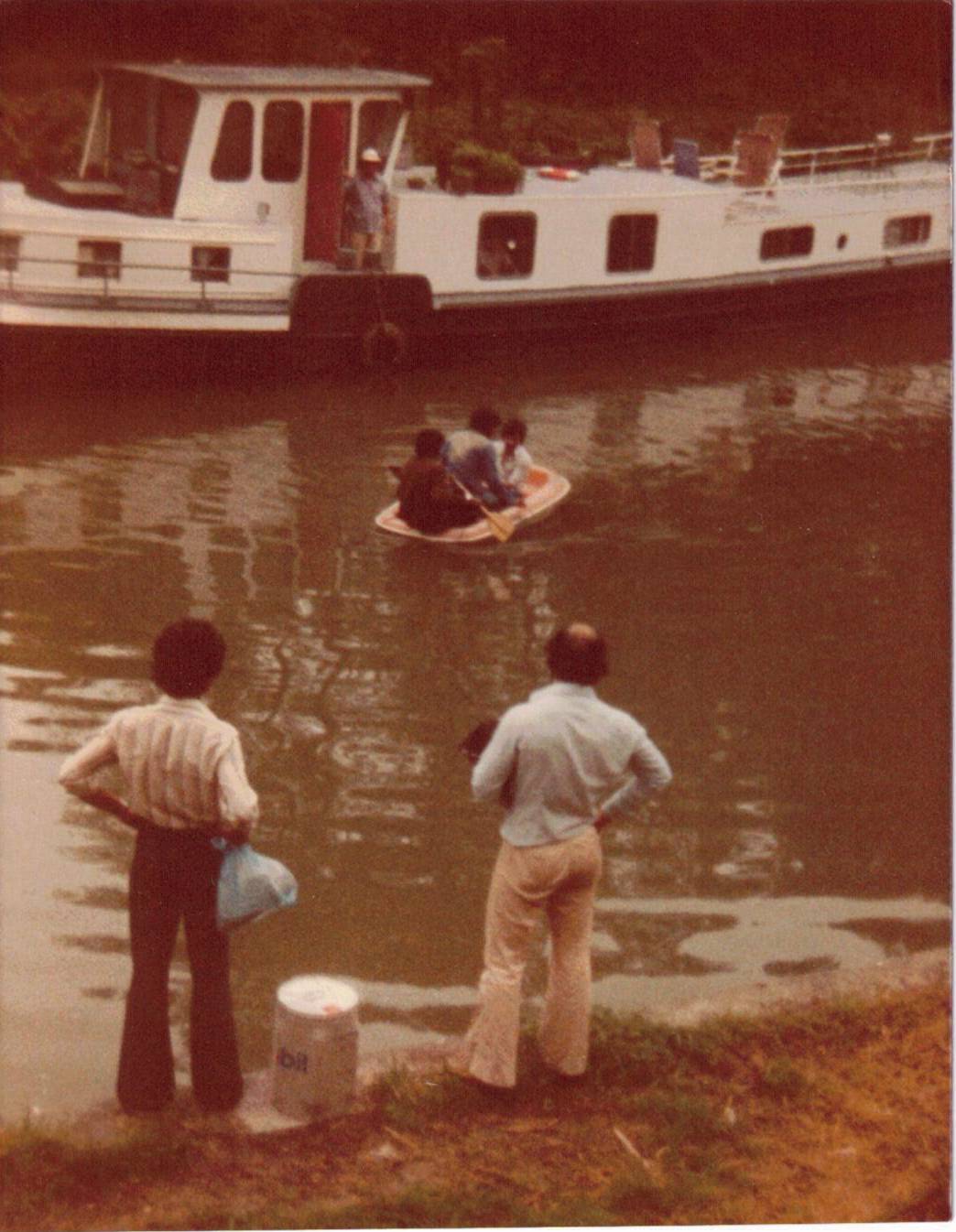As the release date for “Sri Lanka” approaches, I’ve been thinking not so much about what I wrote as about something I didn’t write.
I didn’t write about Marie Colvin. Maybe I should have, and maybe I can make up for it now.
While many novels are based on aspects of our lives, we’re writing fiction. So I didn’t write about the journalist Marie Colvin, but made up a fictional reporter with a different name, different personality, different gender.
I didn’t know as I wrote that, though she’s hardly a household name even now, Marie would gain considerable fame for her courage and her writing, with both a movie and a biography about her coming out in the last couple of years.
Marie, an American, came to Sri Lanka from The Sunday Times of London to report on the civil war that had been smoldering there for years. Like many journalists, she asked for a background briefing. As press spokesman for the embassy, it was my job.
Though these things can be a little awkward, we in fact had a good talk and hit it off so well that she asked me to walk her back to her hotel so we could continue our conversation. She was heading back to London the following day, she said. So, we said our goodbyes and said we hoped we would meet again.
A couple days later I came back to the office after lunch to find that Marie had called, but had left no number. I figured she had got back to London and simply wanted to thank me again for the briefing.
I think it was the following day, I got an early morning call that an American journalist had been hurt in the fighting in the north of the country. I was to call a military base up in the north as soon as possible and try to make contact. The wounded American was Marie.
The Sri Lankan military officer who answered my call refused to let me speak to her, though I could hear her in the background pleading to speak to me. The army, though, would chopper her down to the capital, Colombo, and the officer said I could meet her at hospital.
I arrived as they brought Marie in on a gurney, her clothes spattered with blood, her face swathed in bandages. She was very glad to see me, and I was glad to be there for her. I recall that at some point someone lifted the bandages. The sight of her eye was horrifying, bloody and grotesquely swollen. She was in a lot of pain and understandably frightened, worried about losing her eye.
As I spoke to her, a Sri Lankan doctor came up told me that unless someone promised to take responsibility for her hospital costs, they would not allow her into surgery. Swallowing my astonishment, I called the embassy, saying I wanted clearance to sign on behalf of the United States Government. They gave me a verbal okay. I signed the necessary form and they wheeled her off.
It took some time to piece her story together. Rather than going home, she had in fact gone north to the area controlled by the rebel Tamil Tigers. She hadn’t told me of her plan, knowing it was a violation of her visa to have contact with the Tigers, and thinking I would advise her not to do it.
Getting through government lines had been risky business. However, as dangerous as it had been to cross into the north, the likelihood of running into a Sri Lankan Army patrol on her way back could prove even more hazardous. She told me that her call to my office had been to ask for my advice on getting back safely. I greatly regretted not having been there.
In the end, she took her chances and tried to cross south in the middle of the night with an escort of Tamil Tigers. As she had feared, they ran into an army patrol. A firefight ensued. Marie was badly wounded by grenade fragments, abandoned by her escort and taken prisoner.
The Sri Lankan authorities threatened to send her to prison for violating her visa. The American ambassador, Ashley Wills, conceded they had the right to do that, but asked them if they really wanted to imprison an injured woman who had been trying to do her job as a journalist, and could have her predicament carried by every major newspaper in the world. They looked at it differently after that. Eventually the Sunday Times arranged to fly her back to London.
In the end, the doctors were not able to save her eye. She eventually adopted an eyepatch, which looked very dashing.
Though I continued to follow her career, I never saw Marie again. Eight years later she was killed while covering the civil war in Syria.
I had already written the first draft of “Sri Lanka” by then. After her death, I felt a bit as if, by changing her story so much, I had in a sense abandoned her too. But rewriting the book to make the character of the journalist more like Marie would be difficult, changing the dynamics of the story in ways that I didn’t wish to do. And I knew I would be too close to the story to see if I was going wrong.
So, as I say, I didn’t write about her. I’m trying to set things right by writing about her now. Maybe she would appreciate that those of us who knew her have not forgotten her.
I’ll add a link to the story she wrote about what happened to her in Sri Lanka.
http://mariecolvincenter.org/stories-by-marie-colvin/the-shot-hit-me/
Note: Though “Sri Lanka” is still due for release on April 28th, due to our current mess it will be available only by e-readers on that date. Release of the physical book will come, well, whenever. Folks can pre-order the book from Powells, Amazon, Barnes and Noble and a number of sites. My publisher is feisty but small, and sales right now can mean their continued survival.





